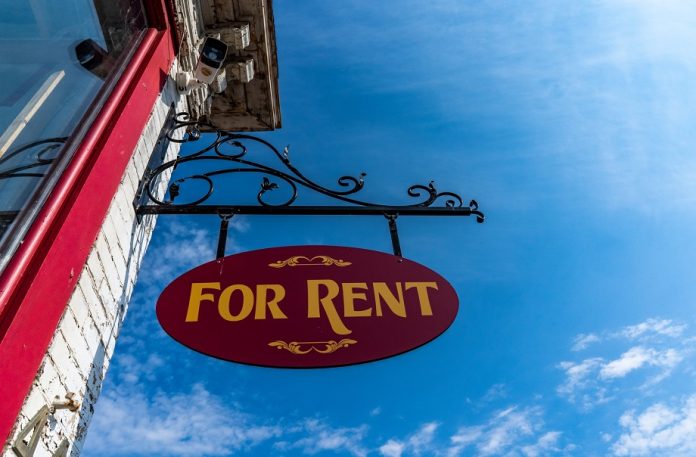What is renters insurance?
Put simply, renters insurance is financial aid if something bad happens to you or your things. You’ll pay small monthly payments to an insurance company, and in the event of something unfortunate happening, you can claim back financial compensation to help with any damages to you or your stuff, or to cover medical bills or legal fees.
Renters insurance protects you from a set of ‘perils’, including fire, vandalism, theft, and other unfortunate events.
What does renter insurance cover?
Renters insurance covers many areas, although the three main ones are:
- Personal property: this helps to recover the value of lost or damaged property in the event that your possessions have been affected by any of the named perils. It’s worth remembering though that anything in your apartment belonging to a landlord isn’t covered with your policy. The same goes with roommates, to be covered by renters’ insurance they would have to purchase their own policy.
- Temporary living expenses: if the named perils result in your home being uninhabitable at any point, renters’ insurance will cover hotel expenses as well as excess living costs that would come with this.
- Personal liability and medical bills: renters insurance covers any accidents that happen at your home, whether that is medical bills or legal fees from a resulting lawsuit. It also covers particular damages that you may cause outside your home.
Limits and deductibles
When you register for your insurance policy, you will be given or be able to choose a deductible. A deductible is the amount you’re signed up to contribute to every claim before you receive any compensation. The lower the deductible, the higher the premium, since you’ll owe less money in the event of a successful claim.
Every coverage category also has limits, which is the maximum amount you can be given for compensation in the event of a successful claim, after taking your deductible into account.
Sublimits
Depending on the type of property you are insuring, there may be some additional sublimits, which can also vary from state to state. Jewelry theft is covered up to a maximum of $1500 (unless you schedule specific items, which will be explained below), whereas cash theft including crypto is generally only covered up to a maximum of $200.
Extra coverage
If you have any items that are particularly valuable that you want to add on better coverage for, that is known as “scheduled personal property coverage” in insurance terms.
Adding valuable items such as bikes, cameras, jewelry, and musical instruments costs a small extra fee, but comes with extra perks too. You can insure these items for a higher rate, as well as accidental damage coverage and mysterious loss. Scheduled personal property coverage also usually includes deductible-free claims. To upgrade your policy to include these kinds of items, you may need appraisals or receipts to prove the value of the item you are insuring.
Equipment breakdown coverage
Renters insurance usually protects appliances and electronics against the named perils, but things such as an electrical failure will not be covered by your base policy. If you want to add on those kinds of extra protections, you are able to extend your policy to include Appliance Coverage, or Equipment Breakdown Coverage. This addition to your policy will only cover appliances you own, not your landlord, and is designed to go alongside your existing base coverage policy.
Things not covered
– Natural disasters like floods (of which the cost of damaged caused will rise 26% over the coming 30 years) or earthquakes
- Car-related theft
- Undocumented items
- Your roommate’s stuff
- Damage from pests (and landlords should hire professional pest control to rid the property of pests)
- Physical damage to your home (this would be covered by landlords’ insurance instead)
Things to remember
- Your possessions won’t be covered by your landlord’s insurance. Landlord insurance covers the physical building and any stuff they own inside the property but will not cover your stuff. To protect your stuff, you’ll need to purchase renters’ insurance.
- Likewise, your parents may have homeowners’ insurance, but you and your things won’t be covered by this as soon as you move away from home.
- Renters insurance will cover you and your stuff anywhere you are, not just at home, so you can go out with peace of mind.


